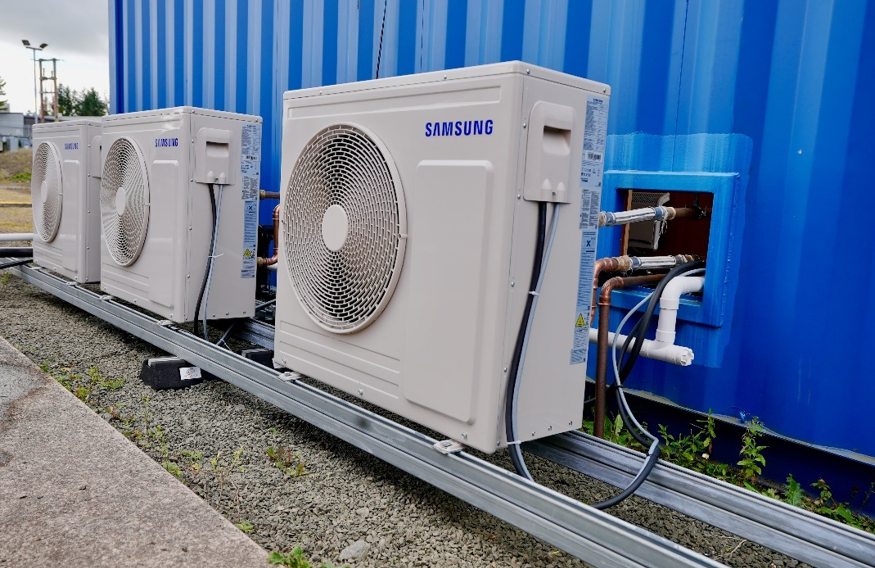The EU Solar Charter was signed at meeting of 23 EU energy ministers and around 100 solar sector representatives, committing governments and the sector to support EU solar manufacturing.
Led by SolarPower Europe, the Solar Charter is an important moment of recognition of the growth of solar in the EU. The EU’s governments have now made a high-level promise to manufacturers, recognising their critical role in the strategic supply chains.
Solar energy, in particular photovoltaics (PV), is currently the fastest growing renewable energy source in the EU. Last year, 56GW of solar PV were installed in the EU, two thirds of it on rooftops.
Achieving the 2030 EU target of at least 42.5 per cent renewable energy by 2030, with an ‘ambition’ to reach 45 per cent, will require multiple energy sources, including solar.
However, currently the bulk of the demand for solar modules in Europe is covered by imports from China, a concentration that creates short-term risks for the resilience of the value chain and long-term risks for price stability for solar panels due to dependencies on suppliers outside of Europe. Furthermore, the European solar module manufacturers have faced recently a particular challenge due to the combination of import dependency and a sharp drop in the prices of imported panels. In 2023, the solar photovoltaic sector in the EU and globally saw the prices of the panels plummet from 0.20 EUR/W to less than 0.12 EUR/W. As a consequence, some EU companies have either reduced their operations, or announced that they would relocate production to the US, or even announced their closure.
In response, the European Solar Charter sets out immediate actions to be taken by the EC, Member States and the representatives of the solar PV value chain, in particular wholesale, distribution and manufacturing parts, to be implemented ensuring full compliance with EU competition law and State aid rules.
The signing comes at a time when energy security has been highlighted by the Russian invasion of Ukraine, and the use of domestic energy denial as a battlefield tactic by the Russian forces.
© 2019 Perspective Publishing Privacy & Cookies






Recent Stories